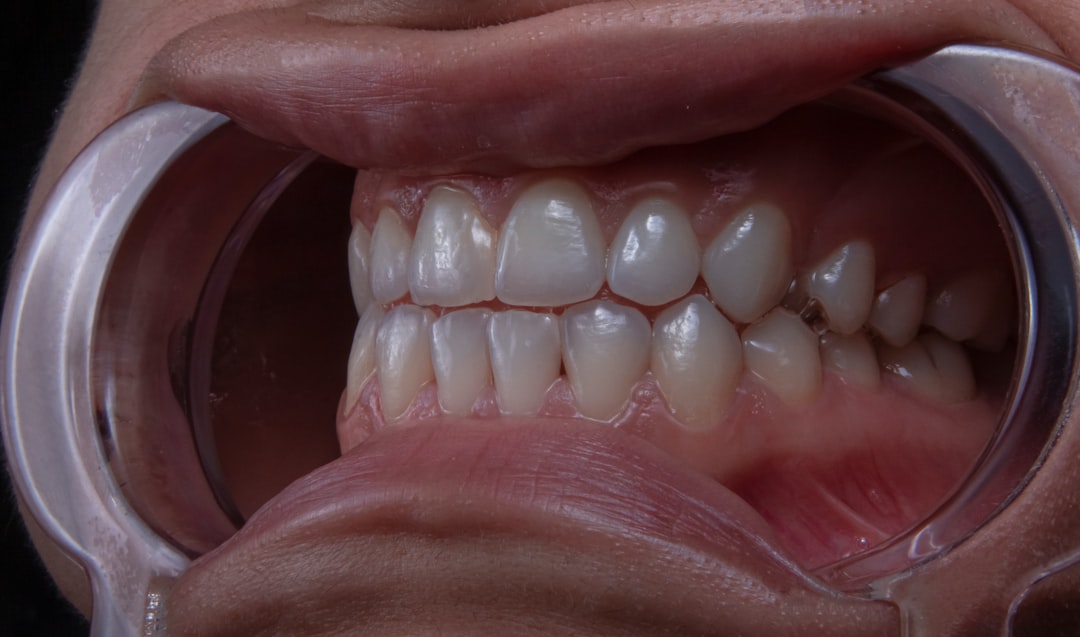What is it about?
The cost of cancer care is growing rapidly and increasing cancer drug expenditure is of significant concern to consumers, health professionals, hospitals and governments. Cancer drugs (cytotoxic agents, monoclonal antibodies) available internationally that may be amenable to cost saving strategies were identified from data sourced from approved Product Information in 20 diverse countries. Data was collected on vial sizes, overage, stability, and presentation forms. Vial size availability varied significantly between countries, with often only single vial sizes for numerous medications. Overage was poorly reported. Stability data was inconsistent and variable between countries, with most drugs only having a 24 hour expiry. Three cancer-indicated MABs, thought suitable for pre-filled syringe administration, were only available as vials. Expenditure on parenteral drugs can be limited by minimising waste such as unused portions of vials and products prepared for administration for which the patient has been cancelled or delayed. Strategies suggested include increasing the available range of drug vial strengths, ensuring vials contain sufficient overage, publishing reliable stability data to extend the life of prepared products, and providing drugs in the most suitable form for administration. Strategies are also suitable for other injectable drugs (e.g. antibiotics) and are vital to maintain supply during these times of increasing drug shortages. The pharmaceutical industry, in collaboration with the health profession and government agencies, has the ability to introduce several simple inexpensive strategies to ensure better value for money spent on cancer medications and reduce expenditure globally.
Featured Image
Why is it important?
Numerous drugs were identified for which simple strategies can be introduced to prevent wastage and save billions of dollars globally on cancer medications. If governments implement suitable legislation and the pharmaceutical industry collaborates in effecting change this will allow these savings to be realised. Further study details are available in Gilbar PJ, Chambers CR, Gilbar EC. Opportunities to significantly reduce expenditure associated with cancer drugs 2017. doi: 10.2217/fon-2017-0033
Perspectives
This has project has been successful because of collaboration between oncology pharmacists, most of whom are members of the International Society of Oncology Pharmacy Practitioners, from 20 counties who are passionate about the need to reduce costs associated with cancer medications to help improve our ability to achieve equitable access for all. Collaboration is now needed between governments, pharmaceutical manufacturers and health professionals to ensure this occurs. To help us achieve this please refer these strategies on to governments and other stakeholders in your own countries.
Mr Peter Jeffrey Gilbar
Toowoomba Hospital and Health Service
Read the Original
This page is a summary of: How can we ensure value for money from expenditure on injectable cancer drugs?, Journal of Oncology Pharmacy Practice, April 2017, SAGE Publications,
DOI: 10.1177/1078155217706195.
You can read the full text:
Contributors
The following have contributed to this page










